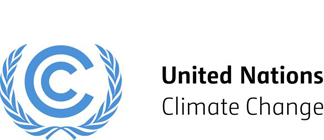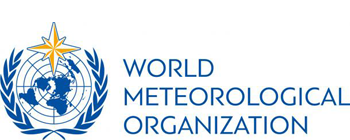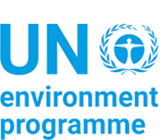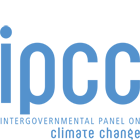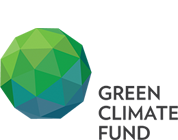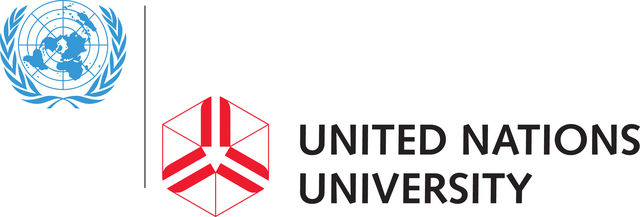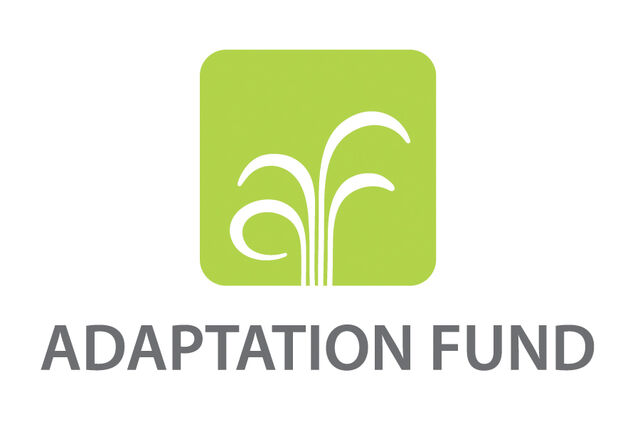The Adaptation Gap Report (AGR) is an annual UNEP flagship publication. The report's primary objective is to inform the negotiators of the UNFCCC Member States, and the broader UNFCCC constituency, about the status and trends within climate adaptation at global and regional levels. The AGR also provides a set of science-based options to policymakers and decision-makers to increase ambition in adapting to climate change across key climate-sensitive sectors.
Since 2014, UNEP has produced science-based assessments of the adaptation gap with the purpose of facilitating an adequate adaptation response in the context of the temperature and adaptation goals of the UNFCCC process. The adaptation gap is the difference between actually implemented adaptation and a goal set by society, determined largely by preferences related to climate change impacts, and reflecting resource limitations and competing priorities.
An expert and stakeholder meeting, convened in mid-January 2020, discussed the future framing of the AGR and agreed on a general structure for future AGRs. These should focus on bringing together multiple sources of information (e.g. scientific literature, international donor project documents, and countries’ reports to the UNFCCC) to move towards an answer to the fundamental question: Are we globally on track for successful adaptation commensurate with emissions’ pathways? As well as tracking progress, efforts to answer this question can help to highlight gaps in progress, for example in specific sectors, sections of society, or geographies that will need prioritization and international support to progress towards climate resilience.
To date, eight global AGRs and one intermediary update report were produced:
- The first report AGR 2014 provided a preliminary approach to assessing adaptation gaps and initial assessments of adaptation gaps in three important areas: finance, technology, and knowledge.
- An Adaptation Finance Gap Update was prepared for COP 21 in Paris, France, in 2015.
- AGR 2016 provided a more in-depth assessment of the adaptation finance gap and its projected development up to 2050, focusing on global estimates of the costs of adaptation as well as the financing available for adaptation.
- AGR 2017, launched in 2017 at COP 23 in Bonn, Germany, focused on a key question arising in the wake of the global goal on adaptation specified in the Paris Agreement: What are the ways forward to assess progress towards this global goal?
- AGR 2018, launched during COP 24 in Katowice, Poland, had two parts: Part One examined the gaps that exist in a number of areas central to taking stock and assessing progress on adaptation; Part Two had an in-depth focus on assessing the global adaptation gap in health.
- AGR 2020, launched on 14 January 2021, provided the first recurrent assessment of the global status and progress of the adaptation process across three core elements (planning, financing, and implementation). In addition, this year’s report took a thematic deep dive into the status and progress of Nature-Based Solutions in adaptation. The report also provided an initial outlook on overall results in adaptation at the global level taking a forward-looking approach.
- AGR 2021, launched on 4 November 2021, found that while policies and planning for climate change adaptation are developing, finance and implementation are still far behind where they need to be. In addition, the report finds that the opportunity to use the fiscal recovery from the COVID-19 pandemic to prioritize green economic growth that also helps nations adapt to climate impacts such as droughts, storms, and wildfire is largely being missed.
- AGR 2022, launched on 1 November 2022, found that climate change is landing blow after blow upon humanity and the planet, an onslaught that will only intensify in the coming years even if the world begins to bring down greenhouse gas emissions. UNEP’s Adaptation Gap Report 2022: Too Little, Too Slow – Climate adaptation failure puts world at risk finds that the world must urgently increase efforts to adapt to these impacts of climate change.
- AGR 2023, UNEP's Adaptation Gap Report 2023: Underfinanced. Underprepared – Inadequate investment and planning on climate adaptation leaves world exposed, launched on 2 November 2023, finds that progress on climate adaptation is slowing when it should be accelerating to catch up with these rising climate change impacts.
With the need to adapt to accelerating climate change, the importance of the AGR will grow in the coming years as it will provide updates on progress across key adaptation indicators. To maximize the value-added of the AGR in relation to the post-Paris process, the AGR Steering Committee favours a multi-year planning process. This implies that each subsequent AGR builds on the previous year’s content.

